Along with advancing rainwater collection in the United States, RainBank is also instrumental in promoting rainwater collection in developing countries.
In July 2013, RainBank and Bank on Rain, a non-profit organization providing solutions to developing countries for clean drinking water, flew a team to Sierra Leone, Africa to assist with providing clean drinking water and sanitation education to school children.
Here’s an update from Ken in 2013:
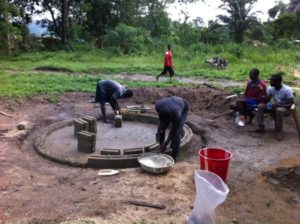
“Well it looks like the Sierra Leone crew has been busy. They have made all the blocks for their new water tank and for another tank that we will build in Allentown for another school. This crew has started a business with our block press and is now making a little money. We will use this crew to teach the Allentown school and if they want to start a small business as well, we will purchase a press for them. So not only are we providing a safe water source, we have started to help young entrepreneurs. VERY SATISFYING!! Sounds like we will head over there in about 2 – 3 weeks. Looking forward to seeing my friends and colleagues again in Sierra Leone Africa.”
RainBank believes it’s not only important to design and build the best available rainwater systems, but we believe it is vital to share our knowledge because safe drinking water is a right, not a privilege.

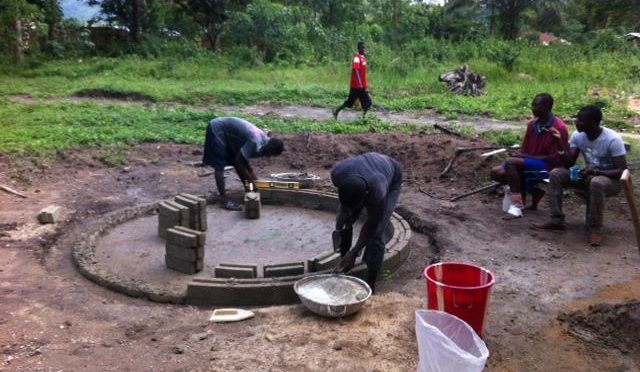
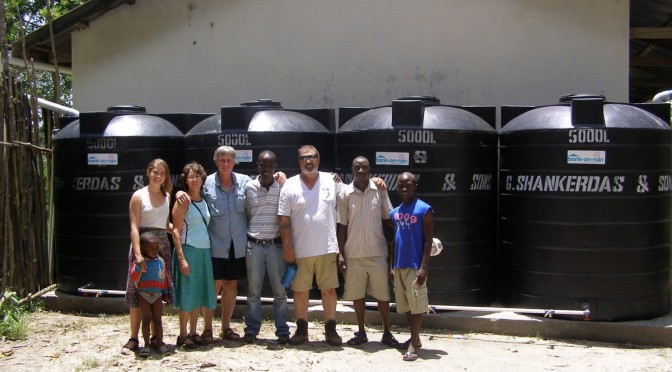
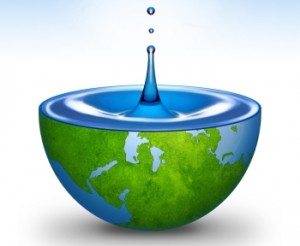 Throughout the world, more than 780 million people have no access to clean drinking water.
Throughout the world, more than 780 million people have no access to clean drinking water.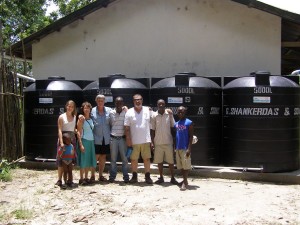 Simple techniques of rainwater collection and natural solar water disinfection can saves lives in developing countries. Rainwater collected from the roof and screened before storage comes in no contact with sewer materials or human feces, leaving only bacterial contaminants to be disinfected. This can be achieved as simply as filling a 1 litter, clear bottle with rainwater and leaving it in direct sunlight for approximately 4 hours or 8 hours in overcast conditions.
Simple techniques of rainwater collection and natural solar water disinfection can saves lives in developing countries. Rainwater collected from the roof and screened before storage comes in no contact with sewer materials or human feces, leaving only bacterial contaminants to be disinfected. This can be achieved as simply as filling a 1 litter, clear bottle with rainwater and leaving it in direct sunlight for approximately 4 hours or 8 hours in overcast conditions.